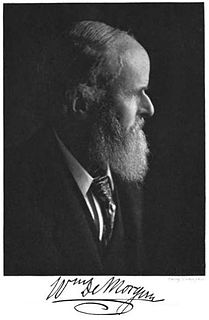A Quote by Gautama Buddha
Those who recognize the existence of suffering, its cause, its remedy, and its cessation, have fathomed the four noble truths. They will walk in the right path.
Related Quotes
We are all going, I thought, and it applies to turtles and turtlenecks, Alaska the girl and Alaska the place, because nothing can last, not even the earth itself. The Buddha said that suffering was caused by desire, we'd learned, and that the cessation of desire meant the cessation of suffering. When you stopped wishing things wouldn't fall apart, you'd stop suffering when they did.
So too, monks, I saw the ancient path, the ancient road traveled by the Perfectly Enlightened Ones of the past. And what is that ancient path, that ancient road? It is just this Noble Eightfold Path; that is, right view, right intention, right speech, right action, right livelihood, right effort, right mindfulness, right concentration.
The first of the four noble truths of Buddhism, that there is suffering in life, was enormously important to me. No one had ever said it out loud. That had been my experience, of course, but no one had ever talked about it. I didn't know what to do with all the fear and emotions within, and here was the Buddha saying this truth right out loud.
Whenever we feel that we are definitely right, so much so that we refuse to open up to anything or anybody else, right there we are wrong. It becomes wrong view. When suffering arises, where does it arise from? The cause is wrong view, the fruit of that being suffering. If it was right view it wouldn't cause suffering.
The Noble Eight-Fold Path is the path of living in awareness. Mindfulness is the foundation. By practicing mindfulness, you can develop concentration, which enables you to attain understanding. Thanks to right concentration, you realize right awareness, thoughts, speech, action, livelihood and effort. The understanding which develops can liberate you from every shackle of suffering and give birth to true peace and joy.
The first step to prescribing the right medicine is to recognize the cause of the illness. And, when it comes to what is ailing the global economy, extreme monetary easing has been more cause than cure. The sooner we recognize that, the stronger and more sustainable the global economic recovery will be.
The Four Noble Truths are pragmatic rather than dogmatic. They suggest a course of action to be followed rather than a set of dogmas to be believed. The four truths are prescriptions for behavior rather than descriptions of reality. The Buddha compares himself to a doctor who offers a course of therapeutic treatment to heal one’s ills. To embark on such a therapy is not designed to bring one any closer to ‘the Truth’ but to enable one’s life to flourish here and now, hopefully leaving a legacy that will continue to have beneficial repercussions after one’s death. (154)





























